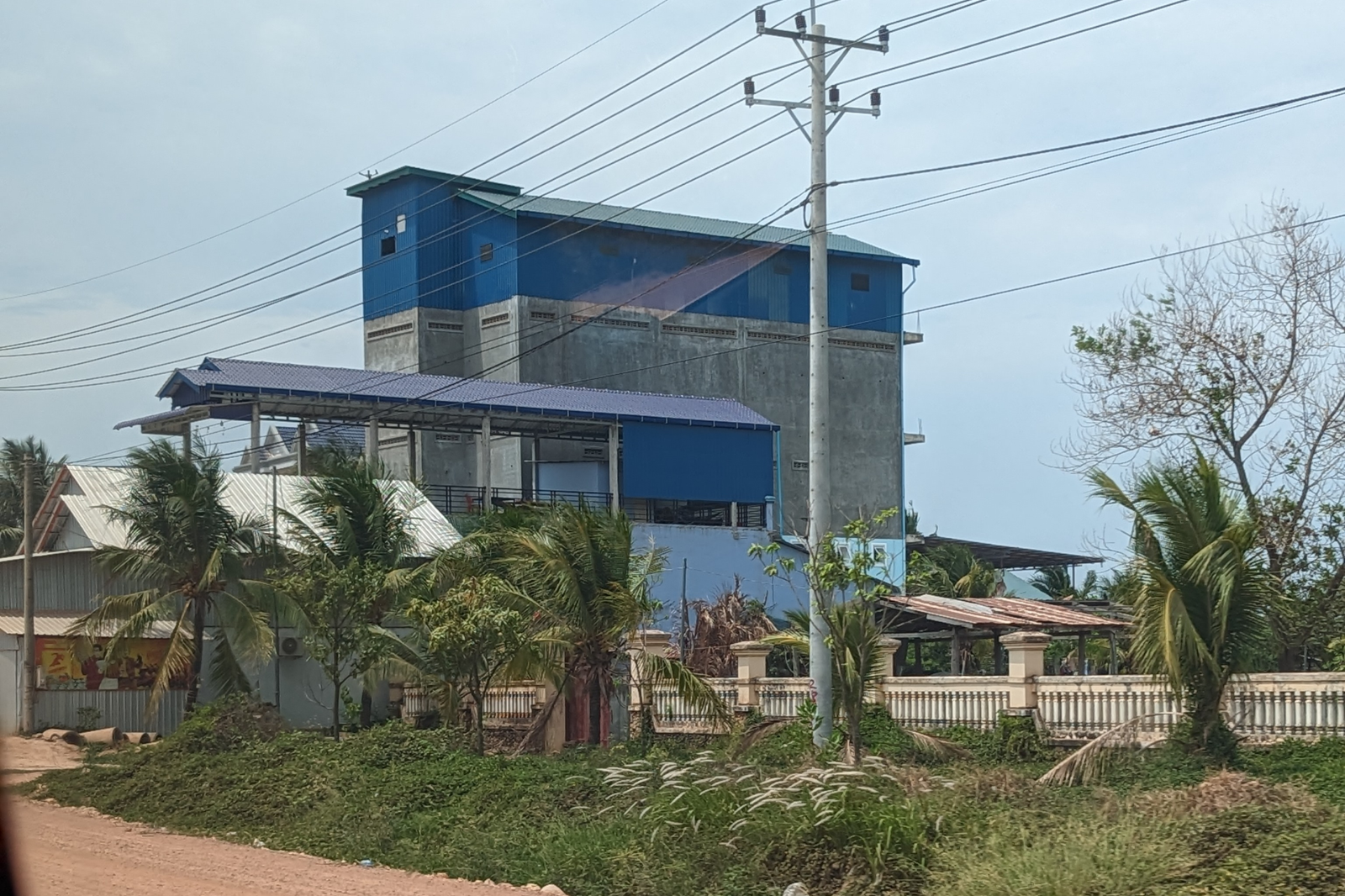Leading Sustainable Development Growth and Conservation in the Bird’s Nest Trade
Cambodia’s bird’s nest industry, growing fast, is making big strides in protecting swiftlets. This important industry helps swiftlets survive and strengthens Cambodia’s economy by creating jobs and increasing export revenue. Its growth shows how eco-friendly business models work well in developing countries, setting an example for sustainable development.
A New Approach to Swiftlet Nesting
Switching to swiftlet houses instead of risky natural caves has changed the industry. These structures are designed for easy access and safety, keeping swiftlets safe and comfortable. These houses mix economic growth with care for the environment, becoming key to the industry’s success and lasting sustainability.
Supporting Swiftlet Numbers and the Environment
In these habitats built by the local people, swiftlet numbers are growing. They build bigger, longer-lasting nests, which helps them reproduce more and grow in number. As bug eaters, swiftlets help keep the environment in balance. They control pests, which is important for healthy farming and less use of chemical pesticides.
Finding the Right Balance
The swiftlet nest industry is growing quickly and needs careful management. Without the right practices, this growth could harm swiftlet numbers and upset the environmental balance. So, it’s important to grow the industry without hurting the environment.
Government Steps for Eco-Friendly Nest Harvesting
The Cambodian government is actively tackling these issues. It supports eco-friendly harvesting, sets standards for the industry, and helps local producers get better. These efforts aim to keep swiftlet numbers safe while making sure the industry grows in a sustainable way.
In closing, Cambodia’s bird’s nest industry is a great example of how business success can go hand in hand with environmental care. Keeping this balance is key to protecting swiftlet numbers and the health of communities. Want to help or find out more about this eco-friendly project? Get in touch with Tola to learn more about this environmental effort.

